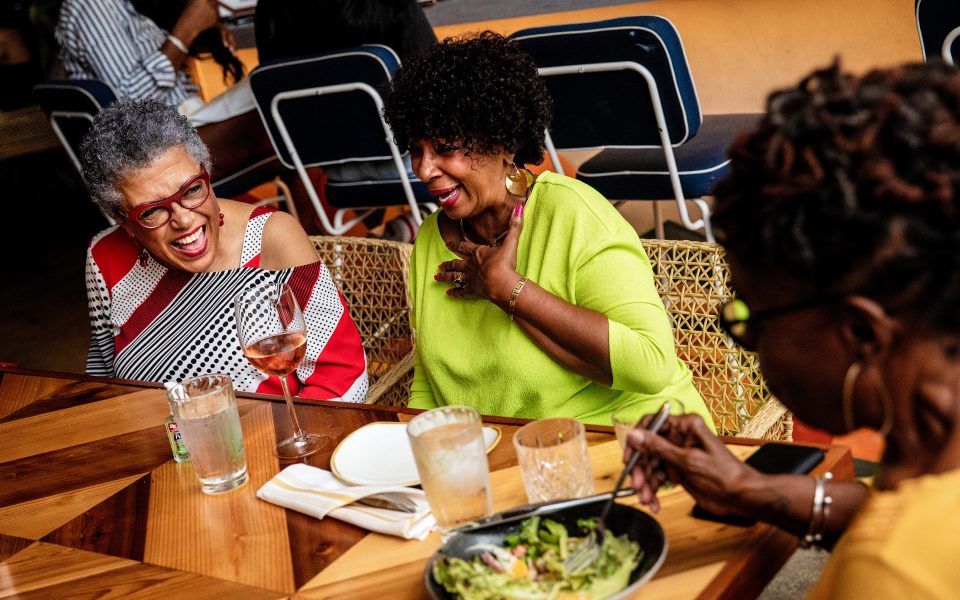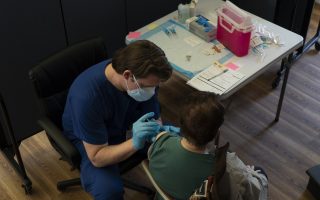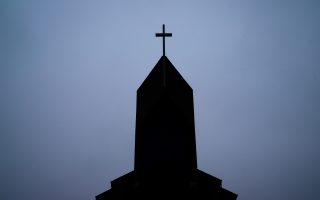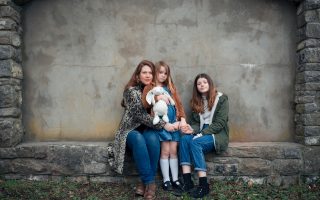The ‘joy and envy’ of seeing all your friends get vaccinated

At the start of the year, Shay Fan felt relief: Vaccinations were on their way. Her relief turned to joy when her parents and in-laws got their shots.
Three months later, Fan, 36, a freelance marketer and writer in Los Angeles, is still waiting for hers, and that joy is gone.
“I want to be patient,” she said.
But scrolling through Instagram and seeing “people in Miami with no masks spraying Champagne into another person’s mouth,” while she sits in her apartment, having not had a haircut or been to a restaurant in more than a year, has made patience hard to practice. “It’s like when every friend is getting engaged before you, and you’re like, ‘Oh, I’m happy for them, but when is it my turn?’” she said.
For much of the pandemic, the same rules applied: Stay at home, wear a mask, wash your hands.
But now, with vaccine distribution ramping up in some areas but not others, the rules are diverging around the world, and even within the same country.
In Britain, people are cautiously emerging from more than three months of lockdown, and 47% of the population has had at least one vaccine dose. In New York, where at least 34% of people in the state have had at least one vaccine dose, there is talk about life feeling almost normal.
However, France, where only 14% of the population has received one vaccine dose, just entered its third lockdown. And India, which has given one dose to 5% of its population, on Monday reported 97,000 new cases, close to its highest since the start of the pandemic. There are dozens of countries – including Japan, Afghanistan, Kenya and the Philippines – that have given only a single dose to less than 2% of their populations.
Juliette Kayyem, 51, a professor at Harvard’s John F. Kennedy School of Government, said the wait was even more difficult because she kept hearing about acquaintances, who she did not think were members of priority groups, getting vaccinated before she did.
“Is there a word for joy and envy simultaneously?” Kayyem said.
Kayyem received her first dose at the end of March. But, instead of relief, she felt a renewed bout of pandemic stress, since her husband and teenagers were still not vaccinated.
Tristan Desbos, 27, a pastry chef living in London, received his first shot recently, but said his family in France has not been able to get vaccinated, even though many of them are in a high-risk category.
“They don’t understand why they cannot get the vaccine in France,” he said.
In the European Union, the main problem is vaccine supply. Amid a new deadly wave of cases, Germany imposed a partial lockdown, Italy barred most of its population from going outside except for essential reasons, and Poland closed nonessential shops.
Agnès Bodiou, 60, a nurse in France, said she waited weeks for her first shot, despite the government’s promise to prioritize health workers.
“The Americans succeeded in vaccinating, the English as well,” she said. “We’re still waiting.”
The end of the pandemic also feels far away in the Canadian province of Ontario, which on Saturday entered a four-week state of emergency amid a record number of patients in intensive care. Massimo Cubello, 28, who lives in Toronto, said he is happy for his vaccinated friends in the United States and Britain, but his Zoom fatigue is setting in, and driveway visits with members of his family have not been that easy because of the cold weather.
“It’s good to see people getting vaccinated because that’s all part of the process of getting to where we need to get to, but it definitely does make you a little bit envious and anxious about when we, as Canadians, are going to be able to experience that ourselves,” said Cubello, who works in marketing.
In the United States, this divide has played out mostly along generational or racial lines. Older people, who make up the majority of those vaccinated, have been dining indoors, hugging grandchildren and throwing parties, while many younger people are still ineligible or repeatedly finding the “no appointments” message when they have tried to book vaccinations.
Lynn Bufka, a psychologist and senior director at the American Psychological Association, said the pandemic has weighed heavily on teenagers, and a long wait for vaccines to be distributed to them could add to the stress.
“Children are in many ways those individuals whose lives have been disrupted as much as anyone but with less life experience on how to adapt to these kinds of disruptions,” Bufka said.
For American adults, at least, the fear of missing out should not last for much longer. President Joe Biden has promised enough doses by the end of next month to immunize all of the nation’s roughly 260 million adults. In fact, the pace of vaccinations is quickening to such an extent that Biden administration officials anticipate the supply of coronavirus vaccines to outstrip demand by the middle of next month if not sooner.
Fan, the freelance writer and marketer in Los Angeles, will be eligible to book a vaccine appointment in mid-April. She does not plan to do anything wild – the basics are what she is looking forward to most.
“I just need a haircut,” she said. [The New York Times]






